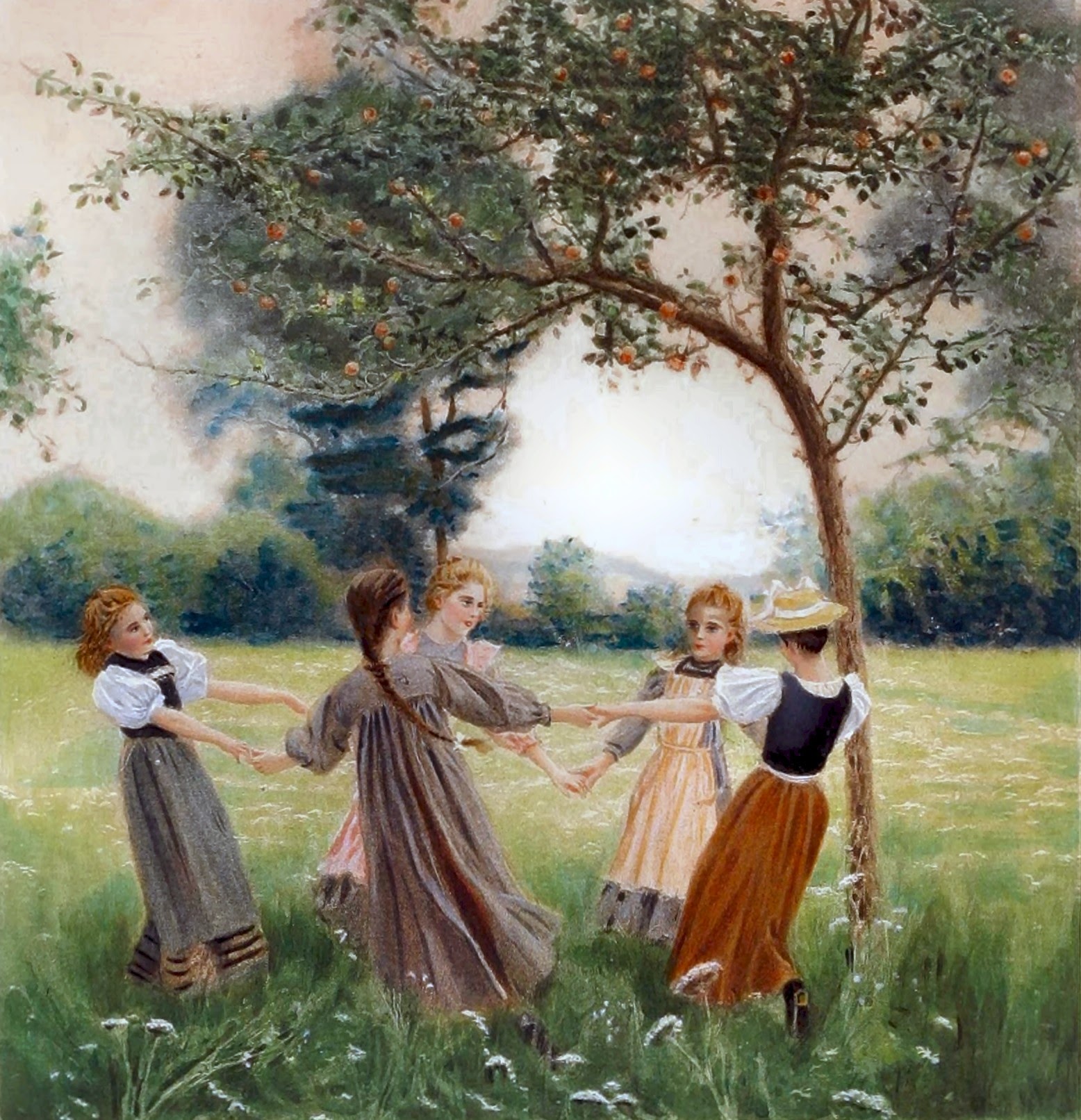
Ernest Dowson kept in a drawer a booklet of poems written in his youth, which was published posthumously under the title Poésie Schublade (‘drawer poetry’ in a mix of French and German). These poems are not widely available on the web. However, they shine with freshness and evoke nostalgia for childhood, two qualities partially lost in the more polished verse of his maturity.
The poem “Praeterita” (Latin word for things that are gone or dead) expresses Dowson’s longing for cherished memories from childhood.
PRAETERITA
O childish forms and faces
That live in memorie’s shrine;
O pleasant paths and places
That small feet trod with mine,
The old days that are dying
Soft melodies are sighing
Of something that is lying,
Pale in the past behind
The laughter that rejoices
Responds not to our quest,
The tender children’s voices,
Are long time hushed to rest,
And all the stress of ages,
And all the love of sages
Can not return the pages
That life has once down pressed.
Before us dawns the vista
Of all our days to be,
But shall we find, my sister,
The charm that used to be
We know now to our sorrow,
The sad and strange to morrow,
Can never never borrow
The old time mystery.
When you and I did wander
On straying childish feet,
Before us lying yonder
The hills so strange and sweet;
When life was in the dawning,
The fair and golden morning
Sent unto us no warning
To stay the years’ deceit.
The golden light has faded
That met our dazzled eyes,
The purple hills are shaded,
And leaden clouds arise;
And spring of childhood’s gladness
And youth’s brief summer madness
Has yielded to the sadness
Of dull autumnal skies.
Source of the poem: Poésie Schublade, in Ernest Dowson Collected Poems, R. K. R. Thornton with Caroline Dowson (editors), University of Birmingham Press (2003).
Previously published on Agapeta, 2015/03/05/.

